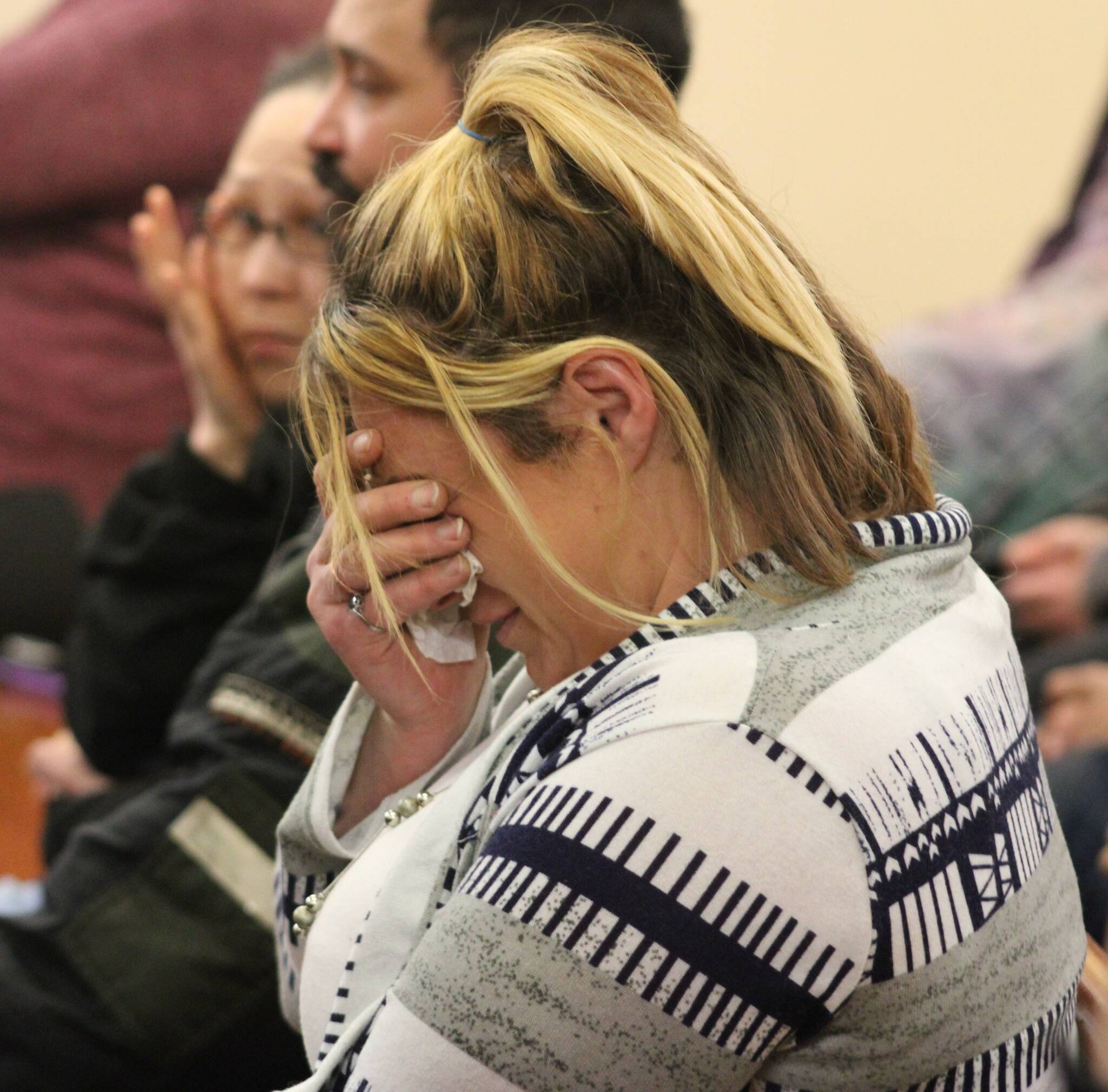“A tragedy all the way around,” were the words used by Judge Jeffrey Bassett Jan. 8 in Kitsap County Superior Court to describe the circumstances surrounding the premature death of Chadwick Rose.
Still, it was a tragedy determined to be avoidable, the judge citing the use of a gun that should not have been there in the first place in his sentencing of 59-year-old Chet Alan Weese of Port Orchard to 26 months in prison for second-degree manslaughter and unlawful possession of a firearm. The sentence includes time served and 18 months of community placement custody following his release.
“If he had not had that gun, this would not have happened,” Bassett said.
Weese was arrested on Easter April 9 after police were called to his Port Orchard property. There they found Rose, known by those closest to him as “Alika,” who had been shot and killed after an altercation involving both men, Chet’s son Charlie and Rose’s girlfriend Sarah Lindsey turned deadly.
“That day is forever etched into my memory,” Lindsey said. “I relive that day every day. I can’t get it out of my head.”
Weese, who had been considered a good friend of Rose’s for years, was initially charged with second-degree murder. He originally pleaded not guilty on a claim of self-defense, Rose being described by the defense as the aggressor and a threat to the lives of both Weese and Charlie during the altercation.
“I do think it’s a little dumb that he did have the gun in his possession, but at the same time, as much as he did commit a crime, I’m glad that he had the gun on him,” Charlie Weese said, recounting his fear of Rose’s temper. “I am thoroughly convinced that if he didn’t, I wouldn’t be here to testify today.”
Still, the holiday season was hard for the friends and family of Rose. Tears streamed down their faces throughout the hours-long sentencing hearing.
“I implore you, Your Honor, to consider the gravity of this situation and the impact it has had on Alika’s many friends across this community, but more importantly, the impact it has had on the victim’s family and children,” Alicia Gilbert said in a victim statement read in court by deputy prosecuting attorney Barbara Dennis. “His loss has left an irreplaceable void in our lives, and we seek justice for the life that was stolen from us.”
But the plea deal gave recognition to positive testimony about Weese. The deal involved an Alford plea, which allows the defendant to plead guilty, but not admit to guilt. It allows the defense to maintain a claim of innocence, and both sides avoid a jury trial.
Weese’s plea allowed for a reduced sentencing range of 26-34 months. Defense attorney Jeniece LaCross requested an exceptionally low sentence of 12 months, a request that was denied, though it provoked a small outburst from some in attendance.
Bassett instead cited over 20 letters written in defense of Weese’s character and the testimony of both families as his reason for choosing the lesser sentence in the range provided. “21 people and the family even acknowledge they were close,” Bassett said of the relationship between Weese and Rose. “This was just a bad, bad decision.”



